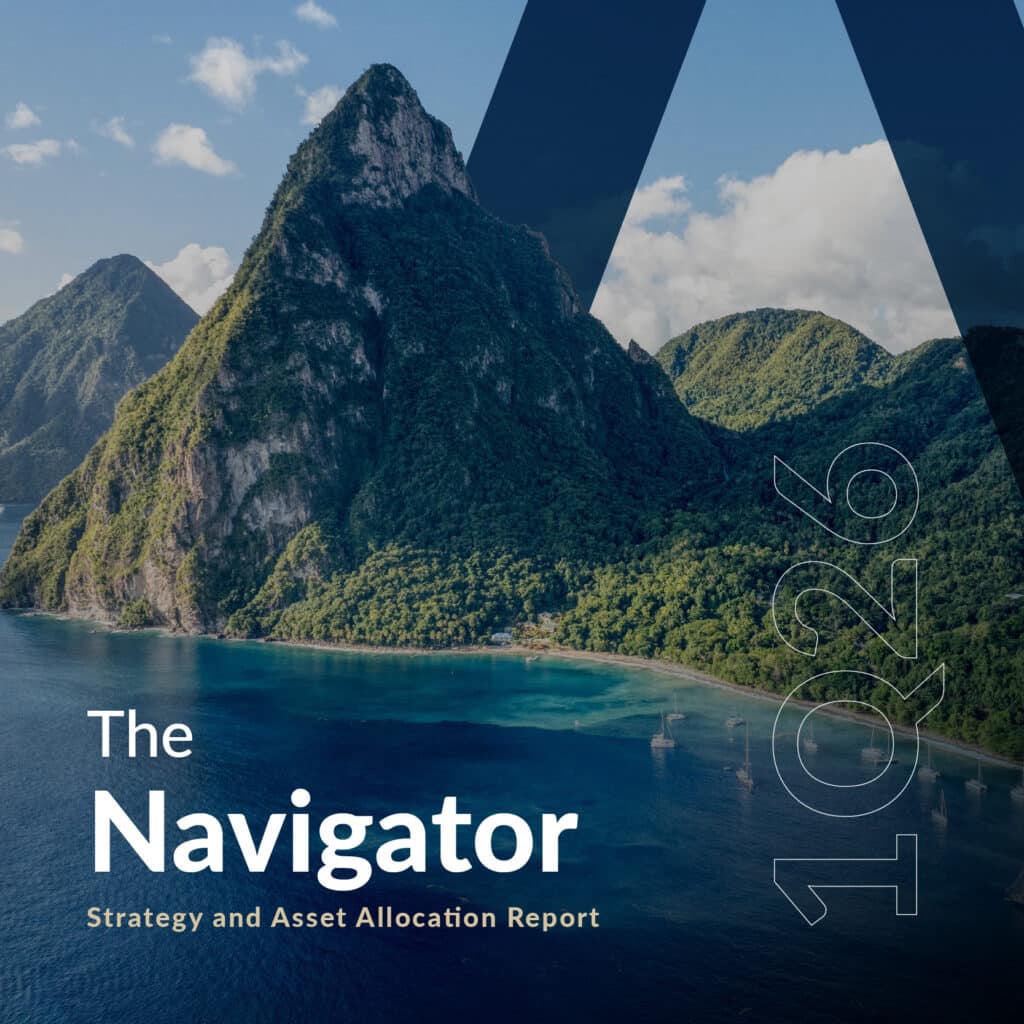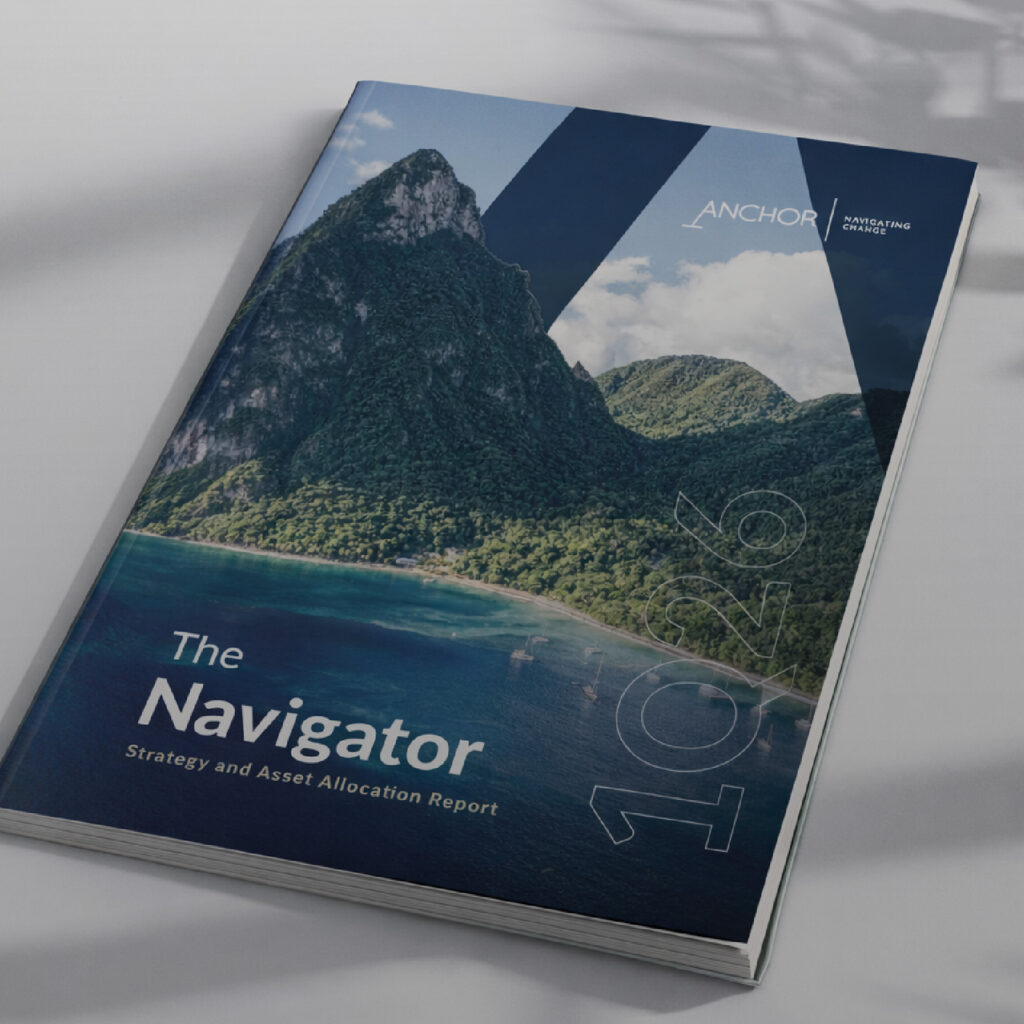In this article, we attempt to give the reader a simple understanding of an extremely complex subject which is ALWAYS very case specific. Although general principles may apply, the outcome for any client will be determined by their specific circumstances. Each client has to be analysed independently to decide on the application of an offshore trust and the case for, and against, using these structures. There is no ‘one-size-fits-all solution’ that we have come across in the 30 years we have been doing this.
What is a Trust?
A Trust is a fiduciary relationship in which one party, known as a settlor or donor, gives another party, the trustee, the right to hold title to property or assets for the benefit of a third party, the beneficiary.
- The settlor is the individual/entity who is responsible for setting up the Trust.
- The trustee is the party who is being entrusted with the assets of the Settlor.
- The beneficiaries are those who are going to benefit from the income and capital of the Trust.
Why do you need an offshore Trust?
An offshore trust has several advantages including legal protection of the settlor’s assets, it allows for the efficient transfer of generational wealth.
Where do you need an offshore Trust?
Several jurisdictions globally can be used for the administration and running of Trusts, but an important aspect is the tax treatment which applies in the jurisdiction chosen for the Trust. As a rule, offshore Trusts are set up in jurisdictions such as the British Virgin Islands (BVI), the Cayman Islands, Mauritius, and the Channel Islands – Jersey, Guernsey. Depending on the jurisdiction chosen, the Trust is governed by the legislation of the place where it is registered. A number of these places thrive on the employment generated by the Trust offices registered and run out of a particular jurisdiction. In general, SA residents use Mauritius and the Channel Islands.
Setting up a Trust
Once an individual has chosen the jurisdiction the following has to be decided:
- A Trust deed has to be drawn up according to the settlor’s requirements such as who the beneficiaries are, what powers the trustees have, whether or not there is a protector.
- The settlor is the person who settles the original amount on the Trust – a nominal amount of c. US$100. Usually the settlor is the person who has accumulated the wealth and wants to establish the Trust, but it can also be anyone the settlor may choose e.g. a parent.
- The trustee: offshore Trusts have corporate trustees to ensure that the place of effective management (POEM) is not SA.
- The beneficiaries: the people or entities who are going to benefit from the Trust.
- The protector: an individual/company that has certain powers defined in the trust deed such as the hiring and firing of trustees.
The transfer of assets into a Trust
Assets can be transferred into a Trust as a donation or as a loan. Donations attract a donations tax at 20% or 25%, depending on the amount of the donation. In addition, attribution of the income earned in the Trust may apply to the donor. A loan also has tax implications which vary, depending on the structure of the loan. A loan can either be interest-free or be interest-bearing. An interest-free loan is subject to Section 7C of the Income Tax Act No. 58 of 1962 (regarded as a donation of 20% on the deemed interest on the loan) and has capital gains and income tax implications for the lender. With an interest-bearing loan the interest earned is taxed at income tax rates; no other taxes usually apply. The interest-bearing loan agreement can be drawn up in the base currency of choice e.g. US dollar, Swiss franc, or South African rand. The interest rate (+1%) that applies to the currency will also apply to the loan.
The transfer of funds out of a Trust
Funds can either be distributed to beneficiaries OR loans can be repaid to the lender. There is no tax on capital repaid by loan account but there may be tax implications on distributions made. This depends on whether the capital or income is being distributed and is subject to the jurisdiction and the tax rules that apply in the country where the beneficiary is resident.
Costs
Costs vary depending on the jurisdiction of the offshore Trust and the work involved in administering the Trust. Costs include setting up costs, trustee fees, administration, and accounting fees. In our experience these costs range from US$5,000–US$10,000 p.a. (excluding initial setup costs).
Conclusion
Please note that this article highlights general principles that apply to offshore trusts and it is very important to understand each settlor’s intent and individual circumstances, as well as the tax residency of the people or entities involved, before final decisions are made. The devil is always in the detail and the final set up is very case specific.
In this article we have only scratched the surface of a very complex subject so we would suggest contacting RCI directly if you would like to have a conversation about setting up an offshore trust.




